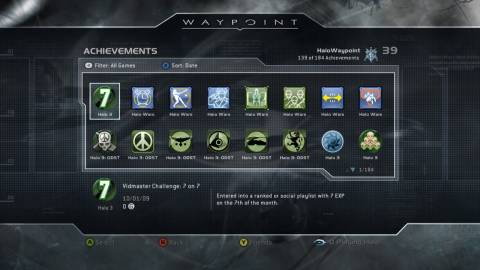

The word “rogue,” my class realized, was utilized to designate nation-states that did not adhere to the Western hegemonic world order. More perniciously, this language hardens through time: what starts as policing “lawless” individuals in the premodern past morphs into the hegemonic control of “rogue states” in our present. When we juxtaposed “rogue” with the keyword “citizen,” we discerned the rhetorical strategies that inversely authorize the ideal citizen from which these borderless people depart. In the “Act for Punishment of Vagabonds” (1572), my class detected the punitive language of the state in eradicating those who threaten its ideology. To illustrate my point, I will focus on the keyword “rogue” particularly, how my class’s discussion of this keyword opened up critical paths to explore the power dynamics that render a person, groups, or nations as threatening outsiders, in the premodern past as well as in our lived realities.

Asking students to position their keyword in the context of worlding and worldmaking allowed them to draw informed conclusions about the constellations of material and figurative forces that survey and hierarchize the world we continue to inhabit.Ĭloser to home, words shape policy, justify war, and have consequences on real lives. For example, the conversations around the keywords “rogue,” “vagrant,” “alien/stranger,” and “gypsy” offered a glimpse of a world defined against belonging and in relation to citizenry, surveillance, and control. By emphasizing collaborative learning, this assignment provided a daily reminder that language and power are intimately connected they exist as facets of the same apparatus through which we can detect the workings of empire and its mechanisms of racial terror. In the spirit of circulating rather than hoarding knowledge, students chose a keyword each they wrote about their keyword’s journey from the premodern past into our present and most importantly, they shared the insight they harvested during lively class presentations. The historical essay assignment builds on Amrita Dhar’s incisive and generative lesson prompts, which she details in a post on this website’s blog. Looking through the interpretive prism of TIDE’s Keywords, my students quickly realized that language points to conceptions of the world in two different directions: one aims at possession, control, and extraction, or what postcolonial theorists like Gayatri Spivak call “worlding” and the other, worldmaking, especially when attached to marginalized communities, dreams of alternative worlds built around human and planetary interconnectedness or conviviality (see the scholarship of Paul Gilroy and Pheng Cheah). To this end, our class was interested in how language contributes to world-building: particularly, how words shape our knowledge of the world, our encounter with difference, and our understanding of the expansive scope of space and time. In the text we read, my class traced how British writers of the premodern past imagined the world and their place in it. In my first semester as a new assistant professor at Butler University, I incorporated ERC-TIDE’s open-access Keywords of Identity, Race, and Human Mobility in Early Modern England (Amsterdam UP, 2021) in my undergraduate British Literature survey on worlding and worldmaking.


 0 kommentar(er)
0 kommentar(er)
